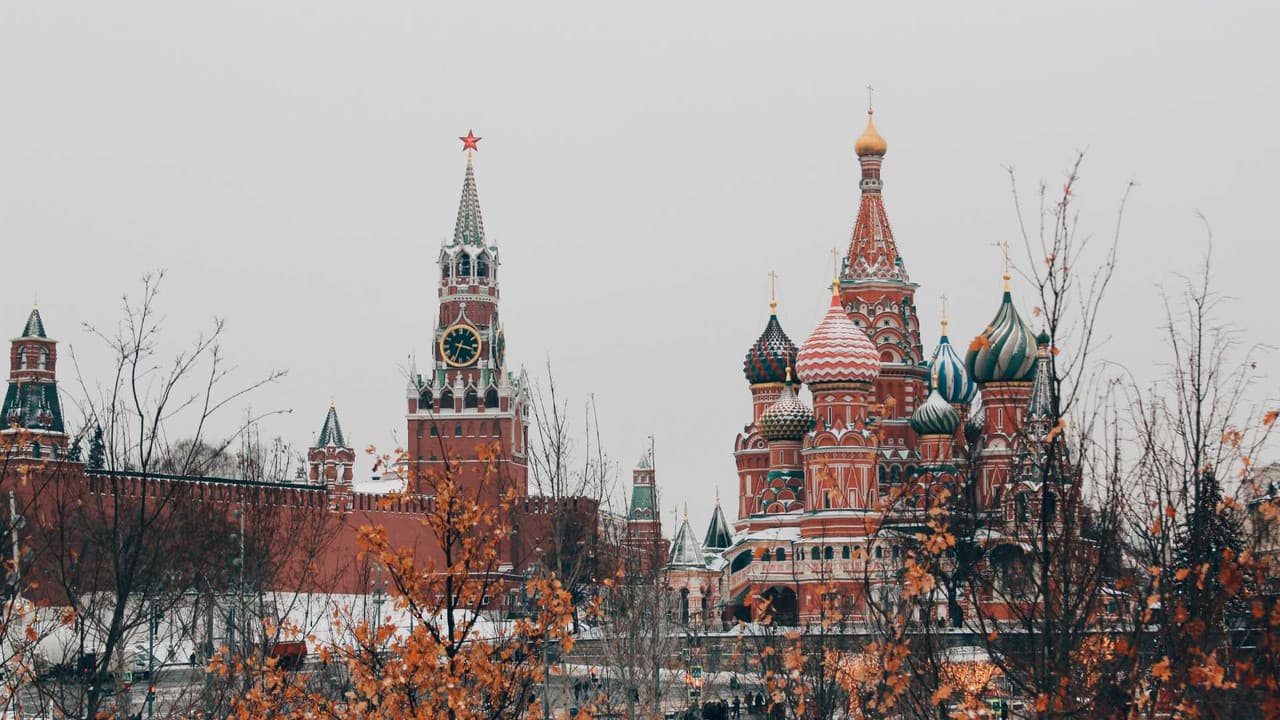Managing employee leave entitlements in Russia requires a clear understanding of the country's labor code and regulations. These provisions are designed to ensure employees receive adequate rest and time off for various personal circumstances, contributing to a healthy work-life balance and compliance for employers.
Employers operating in Russia, whether directly or through an Employer of Record, must adhere to these statutory requirements regarding annual leave, public holidays, sick leave, parental leave, and other specific types of absence. Navigating these rules correctly is crucial for smooth operations and legal compliance.
Annual Vacation Leave
The standard minimum annual paid leave entitlement for employees in Russia is 28 calendar days. This leave typically accrues at a rate of 2.33 days per month of employment. Certain categories of employees, such as those working in hazardous conditions, in the Far North regions, or those with disabilities, may be entitled to extended annual leave.
Employees are generally entitled to take their first annual leave after working for six months with the employer. Subsequent leave can be taken at any time during the working year according to a leave schedule agreed upon by the employer and employees, usually compiled at the end of the preceding year. Annual leave can be split into parts, provided one part is at least 14 calendar days long. Unused leave can be carried over to the next working year, but carrying over leave for more than two consecutive years is generally not permitted. Compensation for unused leave is typically only paid upon termination of employment.
Public Holidays
Russia observes a number of public holidays throughout the year. When a public holiday falls on a weekend (Saturday or Sunday), the day off is usually transferred to the following Monday. This often results in extended holiday periods.
Here are the main public holidays observed in Russia in 2025:
| Date | Holiday |
|---|---|
| January 1-8 | New Year Holidays |
| January 7 | Orthodox Christmas |
| February 23 | Defender of the Fatherland Day |
| March 8 | International Women's Day |
| May 1 | Spring and Labour Day |
| May 9 | Victory Day |
| June 12 | Russia Day |
| November 4 | National Unity Day |
Specific transfer days for holidays falling on weekends are typically announced closer to the date by government decree.
Sick Leave Policies and Pay
Employees in Russia are entitled to paid sick leave if they are unable to work due to illness or injury. To receive sick pay, an employee must provide a medical certificate (bolnichny list) issued by a licensed healthcare provider.
Sick pay is calculated based on the employee's average earnings over the two calendar years preceding the year the illness occurred. The amount of sick pay is also dependent on the employee's length of service:
- Less than 5 years of service: 60% of average earnings
- 5 to 8 years of service: 80% of average earnings
- 8 years or more of service: 100% of average earnings
There is a maximum limit on the daily sick pay amount, which is updated annually. The first three days of sick leave are typically paid by the employer, while subsequent days are paid by the Social Insurance Fund (or its successor).
Parental Leave
Russia provides comprehensive parental leave entitlements, including maternity, paternity, and childcare leave.
- Maternity Leave: Pregnant employees are entitled to maternity leave, typically consisting of 70 calendar days before the birth and 70 calendar days after the birth (140 days in total). In case of multiple births or complicated deliveries, the post-natal leave is extended. Maternity leave is paid at 100% of the employee's average earnings, funded by the Social Insurance Fund.
- Paternity Leave: Fathers are entitled to a short period of unpaid leave upon the birth of a child. They can also take childcare leave (see below).
- Childcare Leave: Either parent (or another relative caring for the child) is entitled to childcare leave until the child reaches the age of three. This leave is partially paid until the child reaches 1.5 years old, with the payment being a fixed monthly allowance from the Social Insurance Fund. The period from 1.5 to 3 years is generally unpaid, although the job position is retained.
Other Types of Leave
Beyond the main categories, the Russian Labor Code provides for other types of leave:
- Study Leave: Employees pursuing education in accredited institutions may be entitled to paid or unpaid leave for exams, thesis defense, etc., depending on the level of education and whether it is the first time pursuing that level.
- Leave Without Pay: Employees may request unpaid leave for personal reasons, such as family circumstances. The employer's consent is generally required, except for specific cases mandated by law (e.g., marriage, birth of a child, death of a close relative, for certain categories of employees).
- Bereavement Leave: While not a distinct statutory category with guaranteed pay, employees are typically granted a few days of unpaid leave upon the death of a close relative. Some employers may offer paid bereavement leave as a company benefit.
- Sabbatical Leave: There is no statutory entitlement to a sabbatical in Russia. This type of extended leave is typically only available if specified in an employment contract or collective agreement.



